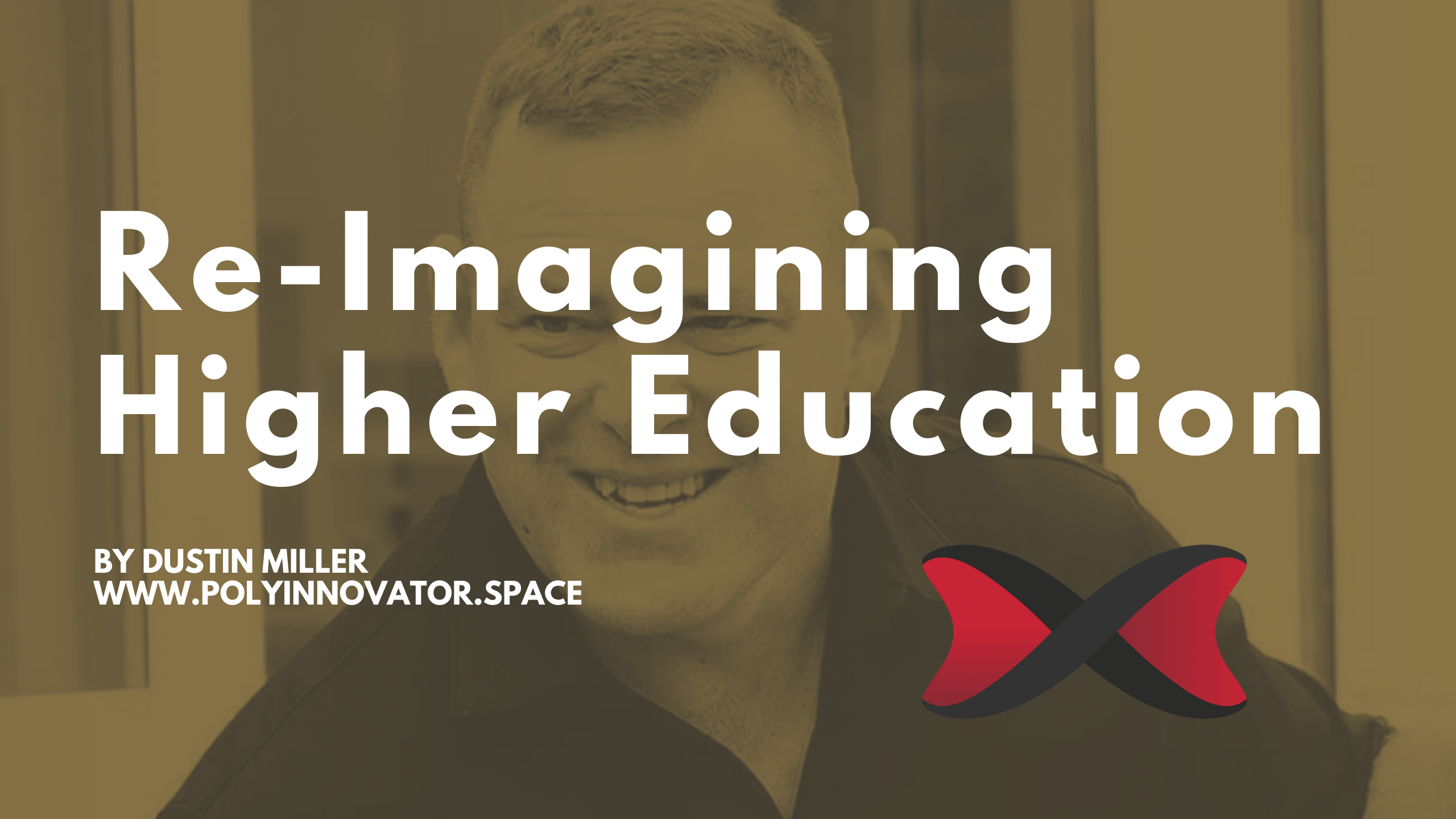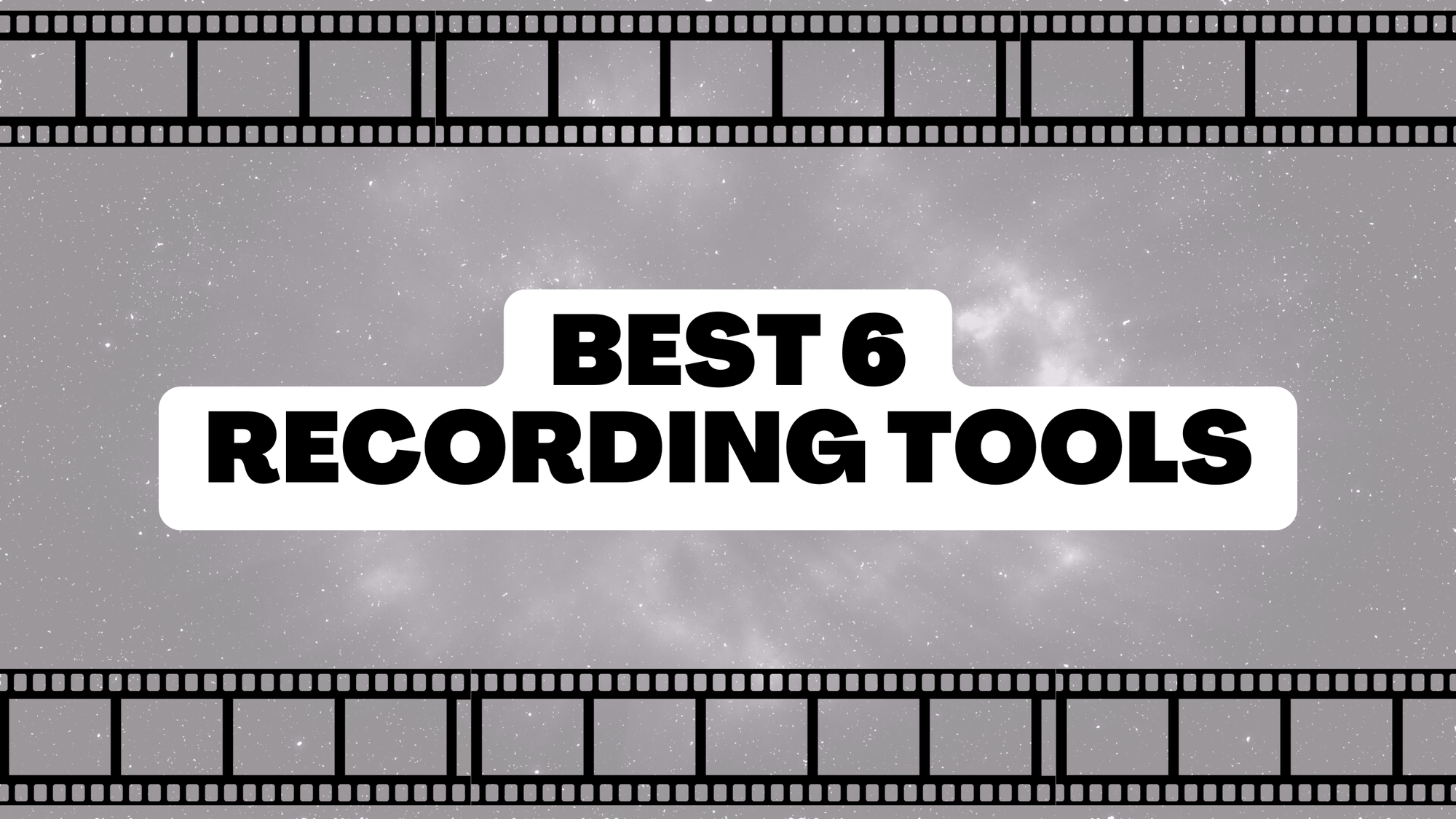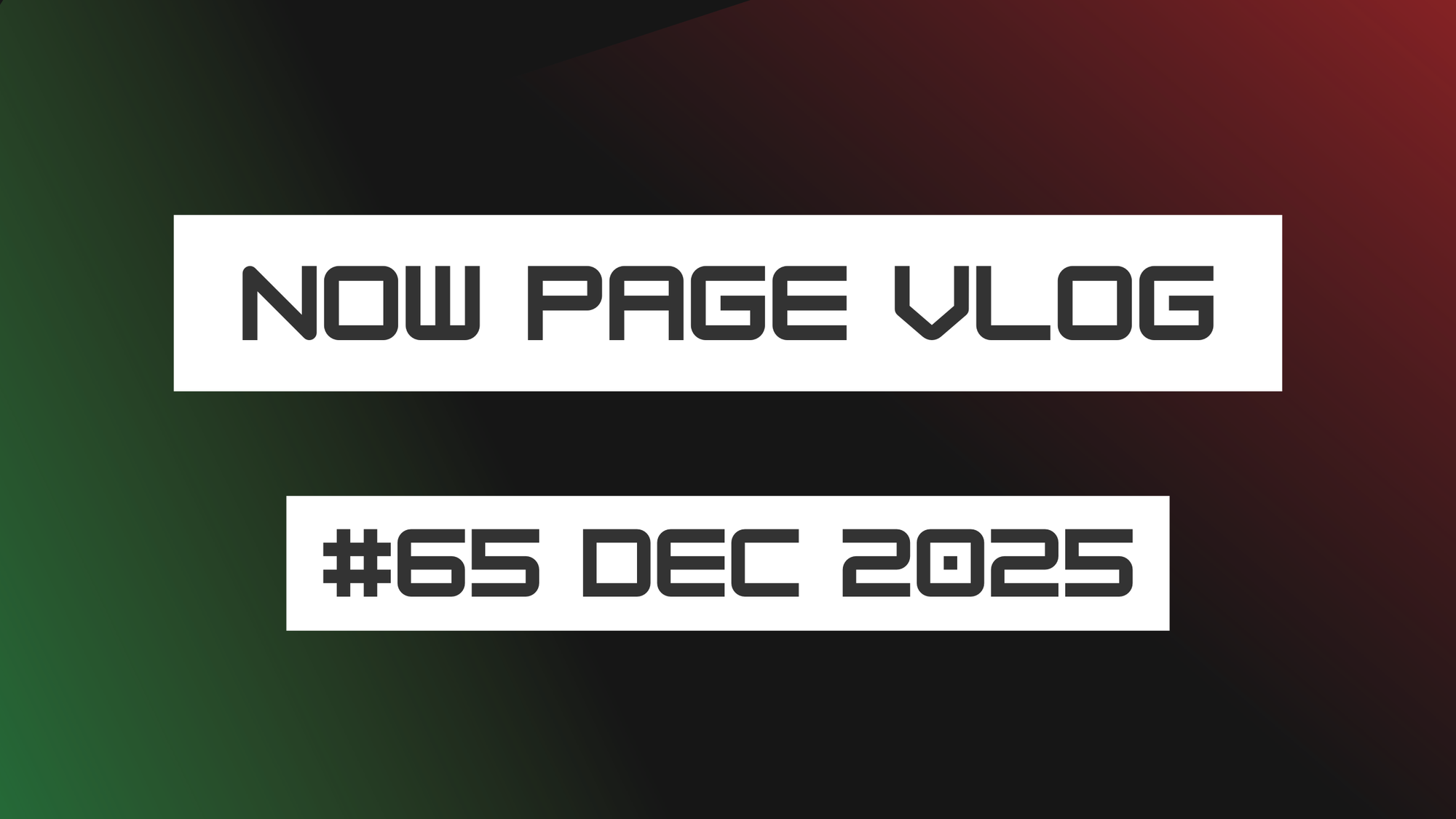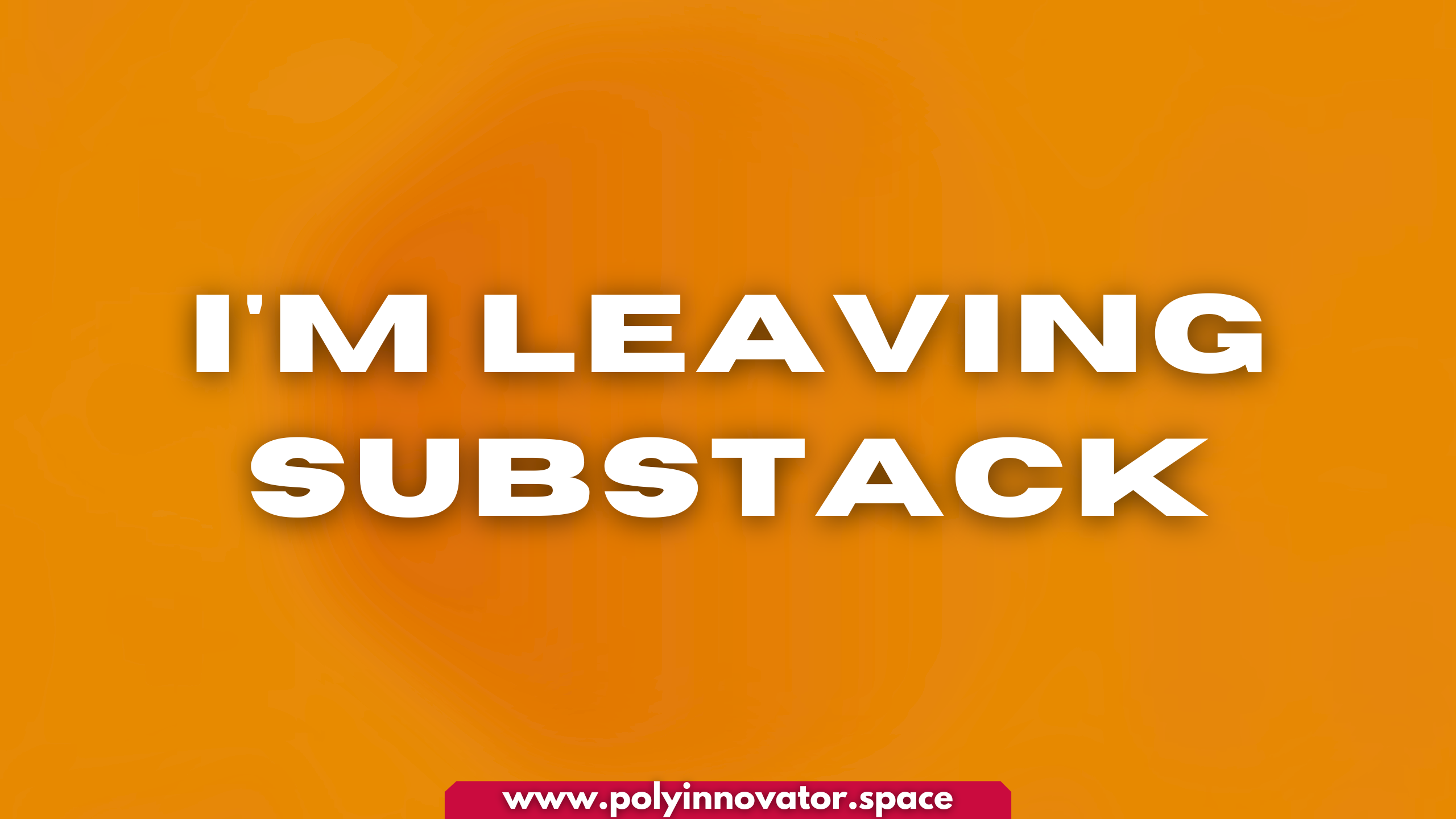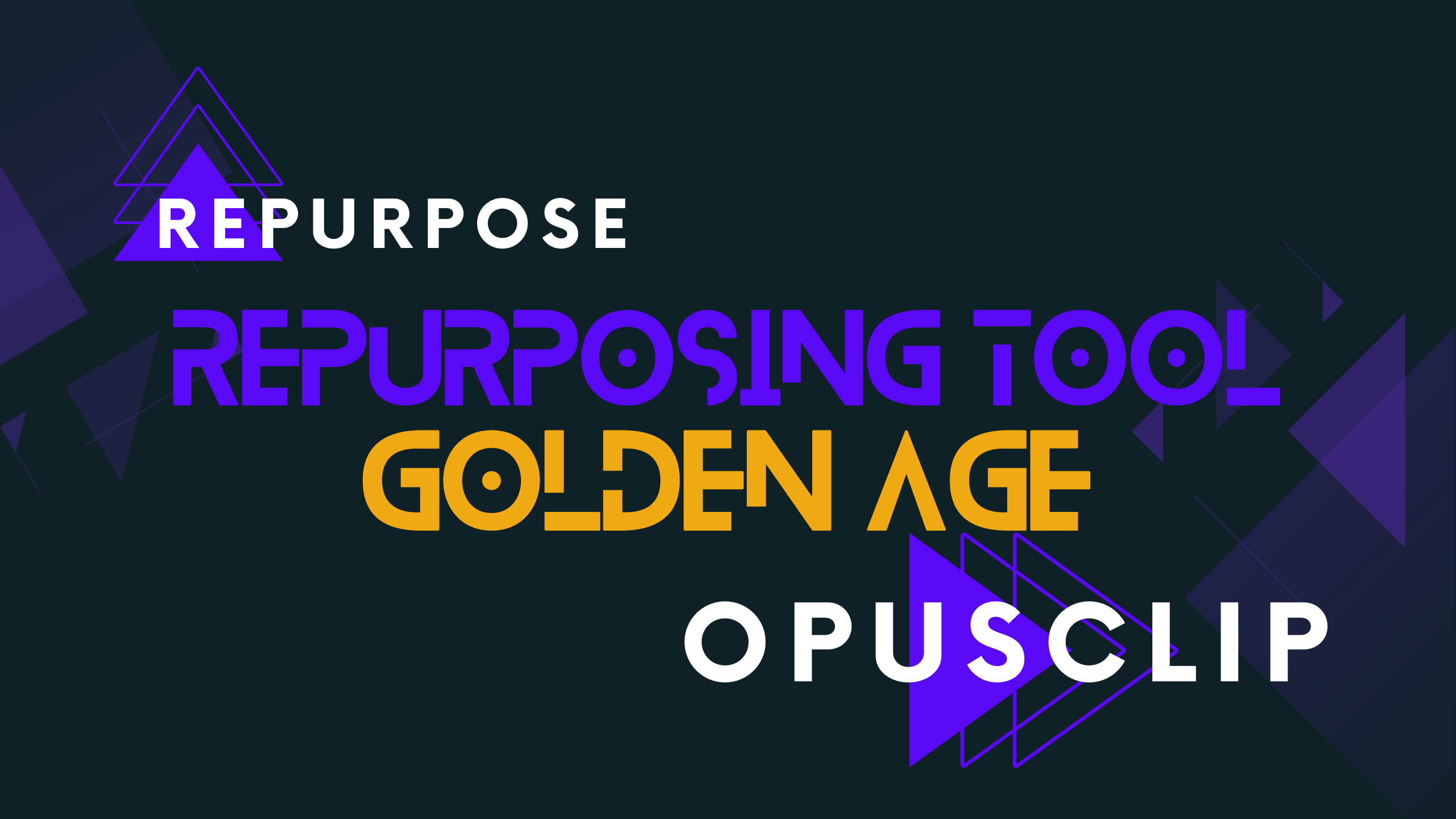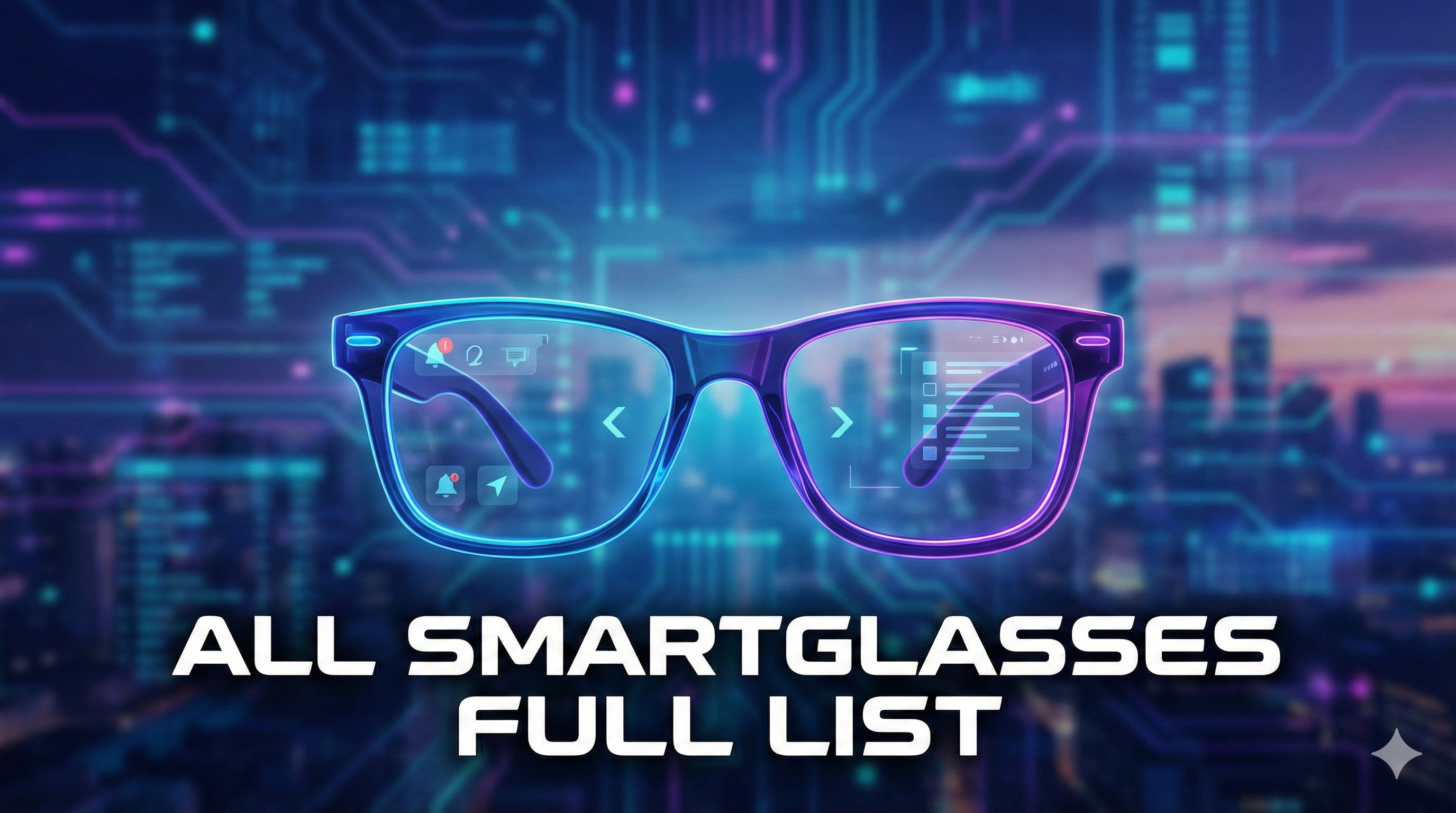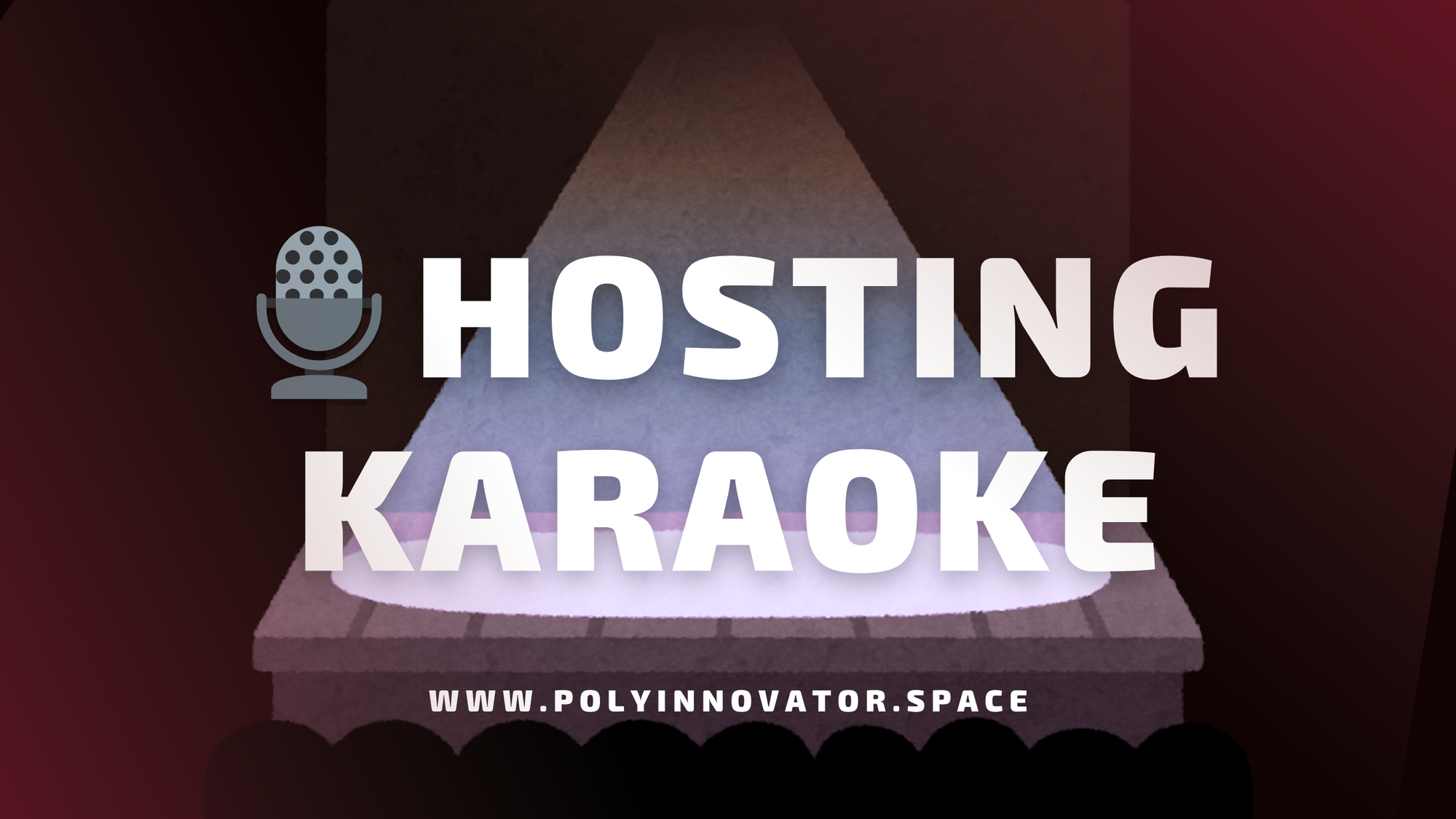This post was inspired by Dr Aaron L. Smith PhD a writer, education innovator, and international speaker. Me and him discussed the future of education as whole, what challenges we are facing (particularly due to covid at the time), as well as what possibilities there were.
The idea he employed was "if you had a blank check, then how would YOU change education?", and that ended up being the topic of his book even.
He is rather a futurist in education, which is why I am featuring him, and I also wanted to share my thoughts on how we should approach learning.
Can AI Improve learning...I think so. We must get ready for it because it's coming sooner than we think. https://t.co/zZEiS9Wdo3 #AI #education #edtech #edchat pic.twitter.com/Vi2sWBqSL0
— 📚 Aaron L Smith, Ph.D. (@AaronLSmithPhD) February 11, 2021
Here is the episode with him on the PolyCast!
Check him out here:
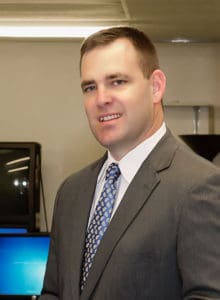
Why it is Important to Change how we are Educating
The world of academia is an old and established system. That has lead us to be able to create some fantastic constructs out of it, and 100 years ago changed dramatically changed.
Since the 2nd industrial revolution, early 1900's, we have lived in a society that was built around the factory life. The 9-5 work day was invented then, Henry Ford even bought his employees clocks so that they would show up to work on time, and societal norms worked more in a factory mindset.
Meaning our employees of the country needed to have a certain level of knowledge, but not much more than that. The government and companies decided that schooling should teach the basics, and then on the job training would suffice for the specialists they needed.
It was more of an assembly line, and each person needed to only know one thing. University was still more of a luxury at that point. Over the coming hundred years you needed a degree more and more for various specialties.
Over the past three decades or so we have seen a change in higher education however, and even in the k-12 system many students still fail to grasp everything. We are realizing there are more than just one cookie cutter way to teach students.
Not to mention the population of multidisciplinary people, who are rather squandered in the retention based factory schooling.
How do we go about Making that Change?
It all starts on how we approach learning. If we keep thinking that 2+2=4, then we miss out on the students who think differently. Some see it as 2+2= Fish because of how their brains work differently. This is a thought experiment for special thinking, as the two's, for when one is flipped around and combined with the other. Then it takes the shape of a fish.
It is just a different way of thinking, and putting together patterns.
Another change happening in some places in the world, such as in secondary school in Europe, or in the school culture as a whole in China. There is transcontextual thinking based learning. Students in China are encouarge, if not pushed, into learning sports/instruments/and many subject areas.
Students in Europe start to define what specialism they are going to choose, by taking an interdisciplinary course. Where the subject matter they are choosing is then looked through a lens from a completely different subject. Teaching the overlap.
Higher Education
The models of school for advanced learning have strayed far from their original path. Which was a place of gaining higher knowledge, and let me be clear they still to a point do that. However with the scurge that is tenure, the exponential rise in tuition costs, and constant begging for donations from alumni; The university system has fully set itself in the realm of business.

Professors (generalization; I'm sure there are great professors out there) don't have a reason to try anymore when they're on tenure. I even had one in my own city that when covid hit, and everyone was at home wouldn't even dare try to teach on zoom. Just outright said no, and made the TA's do all of the teaching.
They have also given sway into the thought that a college degree = getting a job, which in no way shape or form does it actually do that. Even doctors have to go through a lot just to get a shot.
Solution:
In this system we need to change the purpose from making money as a university, to a decentralized system, built to teach the student based on what that student individually needs.
K-12 Complexity
With the younger generations, let's say in general and in the recent past, they had been taught to follow some strict guidelines. Retain this knowledge, and regurgitate it after. That sort of retention based system just doesn't work as well, especially for more divergent learners.
Students of all kinds can benefit from having a wide range of learning options. Common core achieves this to a degree from what I understand, and basically allows for different methods to be employed when teaching a certain type of math.
The problem with high/secondary school is that students are learning for tests, not learning for the real world. Even to prep for college, of which when I was in school some of my teachers went far out of their way to teach us important stuff for the next schooling.
We need to establish a more modular learning academic world for kids, and allow them to have more choice on what they are learning.
Solution:
Encourage more play in the schools, make the learning more self-driven, and overall encourage exploratory thinking. Getting them out of their previous frame of mind. That is what childhood is about after all, growing to see past limiting beliefs of a younger version of ourselves.
Multidisciplinary + Polymathic Learning
This also brings me to one of the major themes of this blog, polymathy, and the rise of multidisciplinary people. As I mentioned earlier we have lived a specialist society for 100 years now, and it has made people who are multi-talented feel inferior. If not down right useless, which is completely opposite from the truth. Not only do we have a history as a species of being multidisciplinary, it in fact is a theory on how homo-sapiens even survived in the first place, but also how we even got to the point of the industrial revolution.
With advent of the internet there has been a rise in awareness of terms for multidisciplinary people. Whether that is polymath or multipotentialite, or generalist. With more people realizing their multipotentiality, there is a need for a learning system that supports their interdisciplinary learning.
Solution:
Creating an ecosystem that endorses transcontextual thinking, and the dabbling of a jack of all trades. For a JoAt cannot become a master, whether that is a specialist or polymath it doesn't matter, if they can't pursue their interests.
What are the necessary steps towards that?
These are just the ideas that I think are needed for the right change to happen. I always talk about the #MAKEACHANGE ideal, and that is what lead me to create the Modular Degree system. Allowing for people to have not only choice in their learning, but to take advantage of all the stuff online much more effectively.
1. Establish a universal understanding that change NEEDS to happen.
2. Provide a better alternative, even if it is experimental, and iterate until it fits.
3. Build upon it to fit into any age group, demographic, learning needs, and goals.
These are the things I think need to be done in order to take the necessary steps towards changing education. A re-imagined way of learning, that is better a wider and greater future.
What does YOUR Imagination for Education come up with?
The whole point of this post is to not only inspire you, but to get you thinking as well. We need a ton of collaborative thinking to accomplish a global change in education. There is a reason edu is one of the top Sustainable Development Goals by the United Nations.
For there really is just a crisis in learning happening. Schools are costing more and more to attend, with less and less positive outcomes. People are NOT getting jobs after getting the degree paper, and they are going into severe debt.
For the younger generation as well they have grown up with rapid technology evolution, and need some system that reflects that. Not a centuries old archaic system.
![Official Website for Dustin Miller PolyInnovator [LLC]](https://polyinnovator.space/content/images/2025/03/polyinnovator-logo-2024.png)

